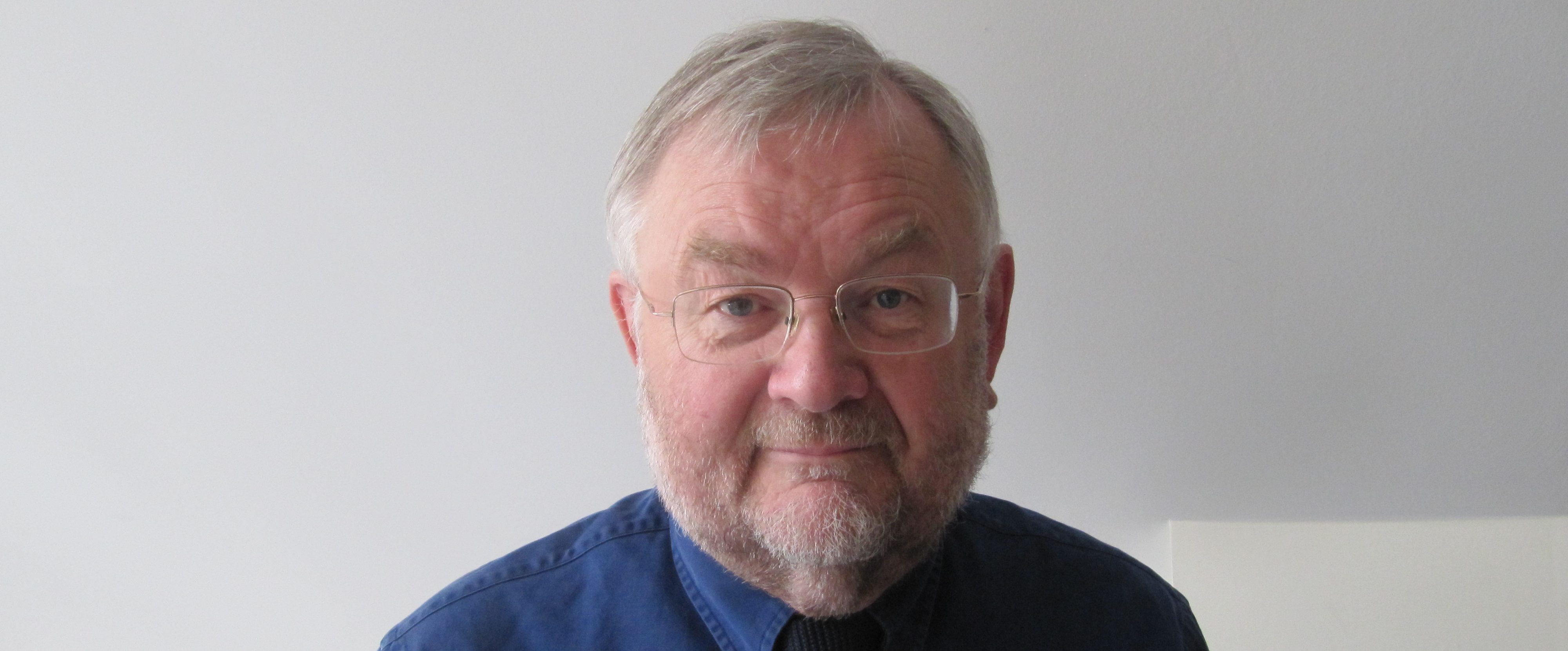Some countries put considerable effort into saving the purity of their language. The Welsh and Gaelic speaking Scots have their own TV channels, and the Irish insist that their schoolchildren spend hours learning the language of their great grandparents. I once gave a speech to a conference of Welsh head-teachers, all of whom I am sure spoke fluent English, yet was simultaneously translated. The French, of course, have an Academie which arbitrates on, and finds alternatives to, English neologisms. Software becomes logiciel, e-mail is courriel and so on. It’s a bit of a losing battle, given the coolness of American English in France: it is pretty impossible to stand anywhere in urban France and not see English in some form, even if it is incorrect. TV makeover shows, for example, feature ‘relooking’, a word that does not exist in English.
The English are more relaxed about their language – apart from the occasional correspondent to the Telegraph, pointing out what words such as ‘disinterested’, ‘prestigious’ or ‘refute’ actually mean (or used to). It’s a mongrel tongue anyway, words have always changed their meaning, and some of the neologisms are good fun. American friends have introduced ‘wine o’clock’ into our daily usage, for example. I also like ‘cyberchondria’ – seeking symptoms on the web to prove that you’re really ill. This does not, however, mean that we give up the struggle for shape and meaning in our daily language. It is under serious threat from a number of sources.
An obvious one is political language. Orwell’s essay Politics and the English Language is a magnificent place to start the debate. Language mattered to Orwell – the tyranny of Nineteen Eighty Four used Newspeak and doublethink to show the connection between ugly and careless expression, and ugly and careless government. We are lucky not to live in a country where state murder is called ‘liquidation’ or ‘elimination of disloyal elements’, but there is still plenty of clichéd and thoughtless political language. Politicians continue to construct speeches, in Orwell’s words, ‘like a prefabricated shed’ – from preformed phrases such as ‘zero tolerance’, ‘tough decisions’, ‘exciting challenges’, ‘sending a clear message’, ‘XX is not an option’. Words that are never used in real conversation – ‘slur’, ‘pledge’ – come easily to the front-bencher. The curious expression ‘delivering on’ has entered the language: there as a time when pallets were the only thing that products were delivered on. It’s striking to see that Orwell himself, in 1947, mocked politicians who promise to ‘lay the foundations’ or ‘achieve radical transformations’, phrases still in widespread use. Management speak has added ‘vision’, ‘obsession’ ‘passion’, ‘focus’. Government spending is always referred to as ‘investment’, private price rises as ‘revised tariffs’. There are even real world examples of Newspeak or doublethink. The Olympic Games, tendered for at £2bn, cost £11bn, yet was delivered ‘under budget’. The last Labour administration claimed to ‘safeguard’ adult education by freezing – that is, in real terms, cutting – its budget. Our current Prime Minister explains he is introducing efficiency not austerity.
Politicians are not alone. The press joins in the pollution of language with tired phrases – postcode prescribing, Frankenstein foods – that cut off serious debate about local flexibility or GM foods. The egregious Americanism “of all time” is now everywhere. This expression usually totally redundant. The greatest athlete or worst disaster are just that – no need to add the ‘of all time’ as some sort of verbal vitamin supplement. Other words are not allowed out on their own, and have to be accompanied by a bodyguard: fatally flawed, top model*, essential services, absolutely free, much vaunted.
Corporate cant also contributes. I may be a cold fish, but cannot believe that so many products, services and appointments are ‘exciting’. The proliferating number of awards ceremonies keeps hotels in business, and pays the mortgage of many a second rate comedian; that probably explains why so many products and services are ‘award winning’. This is, to be fair, international: try buying a bottle of wine in France that doesn’t have a medal on it. Firms promise to stay with us ‘every step of the way’ – corporate stalking ? – so that we can be sure that we have something ‘that’s right for you’ on your ‘journey’. They offer us expensive insurance cover to give us ‘peace of mind’ as if we live in a froth of worry that our kettle or iron will break down and destroy social cohesion. The overall effect is simply to create an impression of boring dishonesty – think of the advertisements that say (usually with a gentle Scots burr that surveys have said we trust more than any other accent) “that’s why we at XXX (fill in as appropriate)”.
And underlying it all, is the true widespread awfulness of ‘incredible’. A grumpy pedant like me sometimes passes the time during radio interviews with people who know little about the topic in hand by counting the number of times ‘incredible’ is used – even ‘truly incredible’. It’s not just the fall back of breathless athletes asked ‘how do you feel’. Contemplative people can be infected: Ian Bostridge’s Desert Island Discs became unlistenable because of this. There are many adjectives that could convey meaning better – substantial, astounding, surprising, remarkable, unprecedented – but maybe that would involve thought and invade our ‘peace of mind’.
The battle is not forlorn. One of the great pleasures is listening to people who talk well, and do not fall back to the chicken-shack construction. Salman Rushdie, Clive James, Alfred Brendel, Simon Callow, Jonathan Miller: an entertainment and a delight.
Time to go to bed.
* A friend claims to have heard a radio interview with “one of Sheffield’s top tree surgeons”
